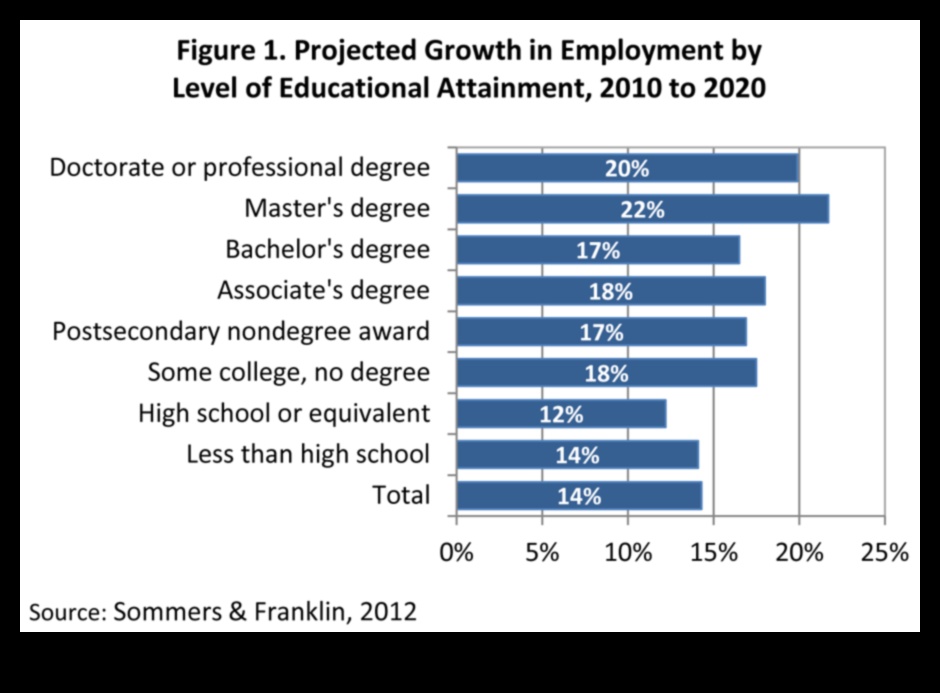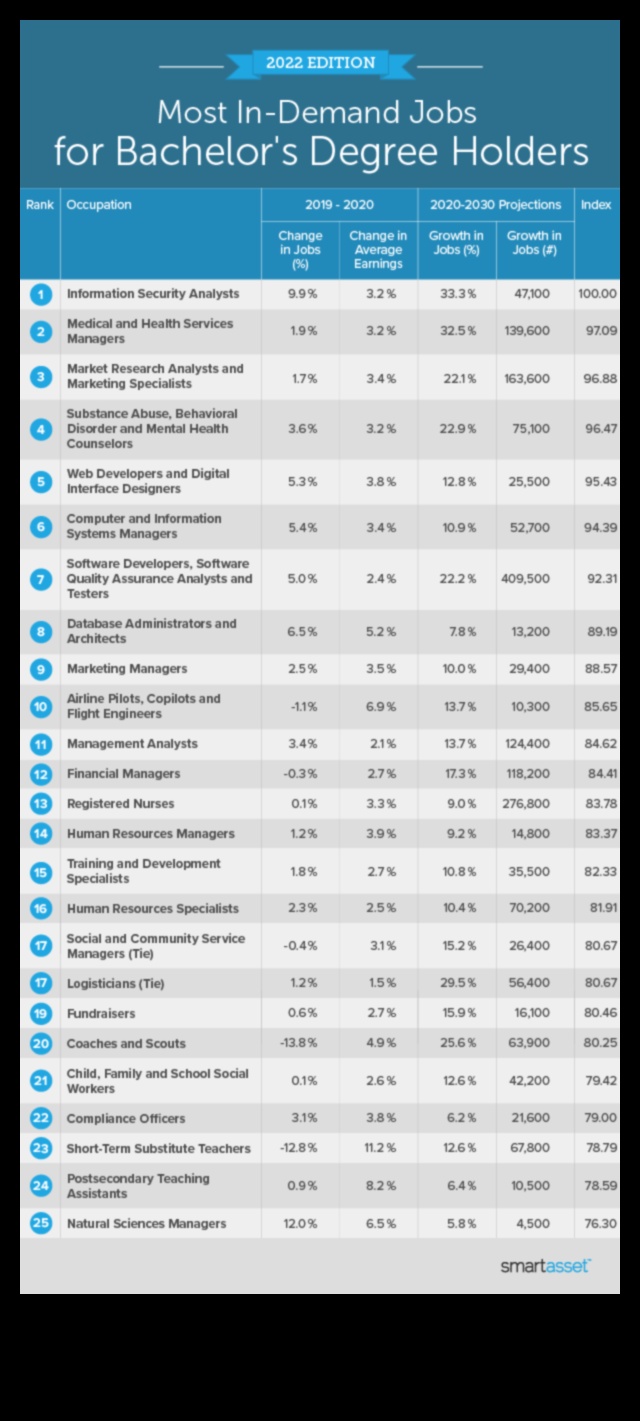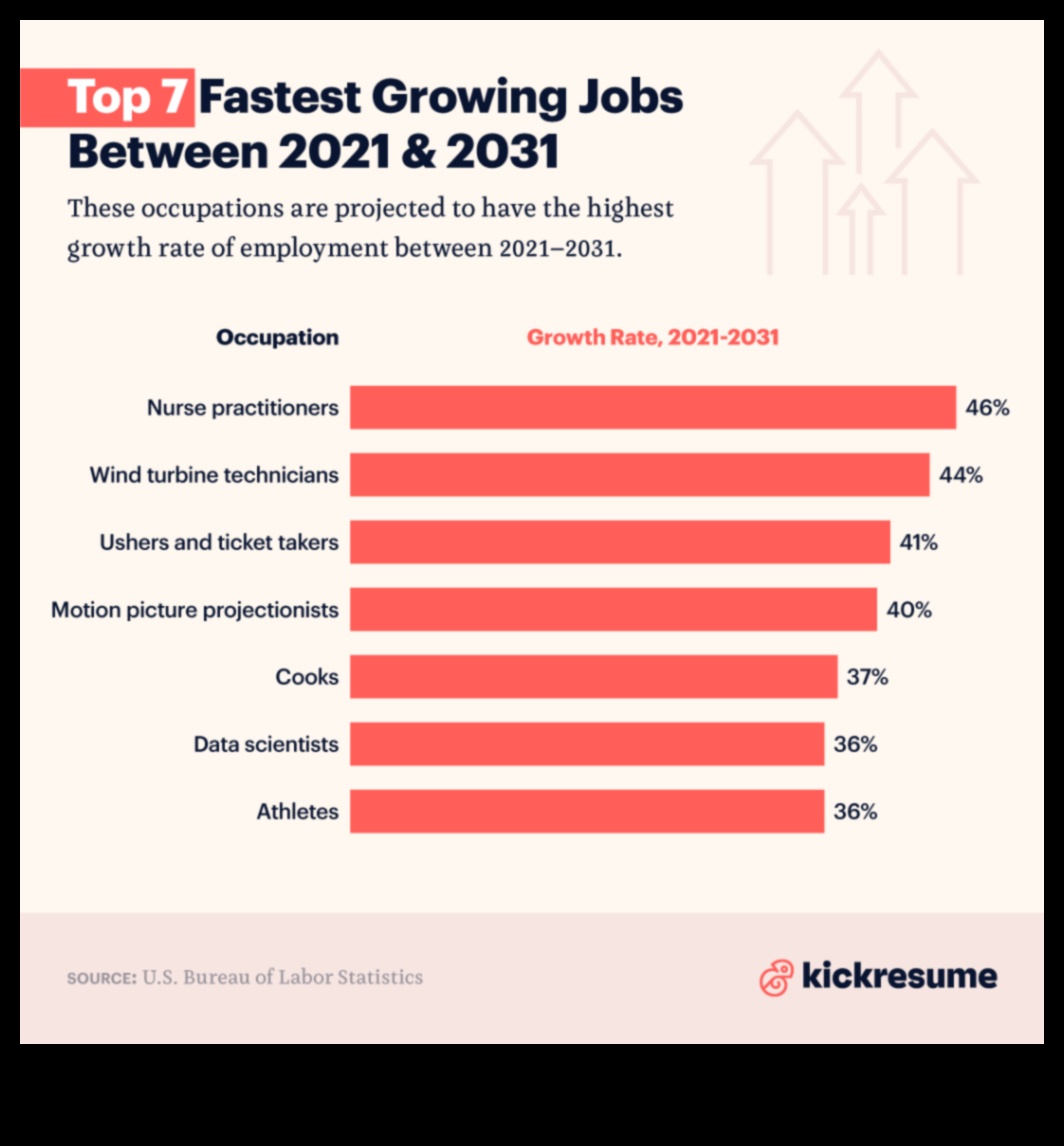
What jobs can you get with a master’s in education?
A master’s in education can open up a wide range of career opportunities in the field of education. With a master’s degree, you can become a teacher, administrator, counselor, or other educational professional.
Here are some of the specific jobs that you can get with a master’s in education:
- Teacher
- Administrator
- Counselor
- Curriculum developer
- Educational researcher
- Educational psychologist
- Instructional designer
- School librarian
- Special education teacher
The specific job that you get with a master’s in education will depend on your interests and skills. If you are passionate about teaching, you may want to become a teacher. If you are interested in school administration, you may want to become an administrator. If you want to help students with emotional or behavioral problems, you may want to become a counselor.
To get a job in education with a master’s degree, you will need to have a strong academic record and experience working with children. You will also need to be able to pass a background check and have a valid teaching license, if required.
The salary for jobs in education can vary depending on the position, the level of experience, and the location. However, you can generally expect to earn a higher salary with a master’s degree in education than you would with a bachelor’s degree.
If you are interested in a career in education, a master’s degree can be a great way to boost your earning potential and advance your career.
| Feature | Answer |
|---|---|
| Education jobs | Teacher, administrator, counselor, educational researcher, etc. |
| Master’s degree in education | Advanced degree in education that prepares students for leadership roles in the field |
| Career with a master’s in education | Opportunities to work in a variety of educational settings, such as schools, colleges, and universities |
| Teaching jobs with a master’s degree | Higher salaries, more opportunities for advancement, and more job security |
| Salary with a master’s in education | $50,000-$80,000 per year, on average |

II. Types of jobs for masters in education
There are a variety of jobs available to people with a master’s degree in education. These jobs can be found in both the public and private sectors, and they can range from teaching to administration to research. Some of the most common types of jobs for masters in education include:
- Teachers
- School administrators
- Curriculum developers
- Educational researchers
- Policy analysts
- Consultants
- Grant writers
- Nonprofit directors
The specific job titles and duties that you will qualify for with a master’s in education will depend on your area of specialization and your interests. For example, if you have a master’s degree in early childhood education, you may be qualified to work as a preschool teacher, a kindergarten teacher, or a daycare director. If you have a master’s degree in educational leadership, you may be qualified to work as a school principal, a district superintendent, or a state education commissioner.
II. Types of jobs for masters in education
There are a variety of jobs available to people with a master’s degree in education. Some of the most common include:
- Teacher
- Administrator
- Curriculum developer
- Education consultant
- Policymaker
Each of these jobs has its own unique set of responsibilities and requirements. For example, teachers are responsible for planning and delivering lessons, assessing student learning, and managing classroom behavior. Administrators are responsible for overseeing the day-to-day operations of a school or district, including hiring and firing staff, developing budgets, and managing facilities. Curriculum developers create and revise educational materials, such as textbooks and lesson plans. Education consultants provide advice and support to schools and districts on a variety of educational issues. Policymakers develop and implement laws and regulations that affect education.
The salary potential for jobs in education varies depending on the specific role, the level of experience, and the geographic location. According to the Bureau of Labor Statistics, the median annual salary for teachers was $58,630 in 2019. Administrators earned a median annual salary of $90,380, while curriculum developers earned a median annual salary of $65,540. Education consultants earned a median annual salary of $64,670, and policymakers earned a median annual salary of $106,620.
The job outlook for jobs in education is generally positive. The BLS projects that employment in education will grow by 7% from 2019 to 2029, which is faster than the average for all occupations. This growth is expected to be driven by the increasing number of students enrolled in schools and the need for qualified educators.

IV. Salary for masters in education jobs
The median annual salary for all education workers was $61,660 in May 2020. The median salary for workers with a master’s degree in education was $66,660.
The highest-paying industries for education workers were:
- Elementary and secondary schools
- Colleges, universities, and professional schools
- State government
The states with the highest median salaries for education workers were:
- New York
- Massachusetts
- California
The states with the lowest median salaries for education workers were:
- Mississippi
- West Virginia
- Louisiana
It is important to note that the salary for a master’s in education job can vary depending on a number of factors, such as the location, the type of school, and the level of experience.
V. Benefits of getting a master’s in education
There are many benefits to getting a master’s in education, including:
- Increased job opportunities and salary potential
- More opportunities for leadership and advancement
- Improved teaching skills
- Greater understanding of educational research and theory
- Enhanced ability to impact student learning
A master’s in education can also help you to become a more well-rounded educator and to make a greater contribution to the field of education.
VI. Trends in the job market for masters in education
The job market for masters in education is expected to grow by 10% over the next decade, according to the Bureau of Labor Statistics. This growth is due to a number of factors, including the increasing demand for qualified teachers, the growing need for early childhood education, and the increasing emphasis on lifelong learning.
Some of the specific jobs that are in high demand for masters in education include:
- Teachers
- Administrators
- Curriculum developers
- Instructional coaches
- Early childhood educators
- Educational technologists
Masters in education can also find jobs in a variety of other fields, such as:
- Business
- Nonprofit organizations
- Government
- Consulting
- Research
With a masters in education, you will have the skills and knowledge to make a positive impact on the lives of students and learners of all ages. You will also be prepared for a variety of rewarding and challenging careers in education and beyond.
VII. Trends in the job market for masters in education
The job market for masters in education is expected to grow by 10% over the next decade, according to the Bureau of Labor Statistics. This growth is being driven by a number of factors, including the increasing demand for qualified teachers, the need for more educational administrators, and the growing popularity of online learning.
Here are some of the specific trends that are expected to impact the job market for masters in education in the coming years:
- The demand for qualified teachers is expected to continue to grow as the number of students enrolled in K-12 schools increases.
- The need for more educational administrators is also expected to grow as schools seek to improve their efficiency and effectiveness.
- The growing popularity of online learning is creating new opportunities for masters in education to work as online instructors, course developers, and curriculum designers.
If you are interested in a career in education, a masters in education can provide you with the skills and knowledge you need to succeed. With a masters in education, you can find a rewarding career that makes a positive impact on the lives of students and educators alike.
Tips for writing a resume for a master’s in education job
When writing your resume for a master’s in education job, it is important to highlight your skills and experience in a way that makes you stand out from other candidates. Here are a few tips:
- Use keywords in your resume. When writing your resume, make sure to use keywords that are relevant to the job you are applying for. You can find these keywords by reading through the job posting and identifying the skills and qualifications that are listed.
- Tailor your resume to each job. When you are applying for a job, it is important to tailor your resume to the specific position you are applying for. This means highlighting the skills and experience that are most relevant to the job you are applying for.
- Keep your resume concise. Your resume should be concise and easy to read. It should be no more than two pages long.
- Proofread your resume carefully. Before you submit your resume, proofread it carefully to make sure there are no errors.
By following these tips, you can create a resume that will help you stand out from other candidates and get the job you want.
Here are some frequently asked questions about master’s in education jobs:
What are the different types of jobs for masters in education?
There are a variety of jobs available for masters in education, including:
- Teachers
- Administrators
- Curriculum developers
- Instructional designers
- Educational researchers
- Policymakers
- Consultants
How do I get a job as a master’s in education?
There are a few things you can do to get a job as a master’s in education, including:
- Network with your professors and classmates
- Get involved in extracurricular activities
- Volunteer your time
- Attend job fairs
- Apply online
What is the salary for masters in education jobs?
The salary for masters in education jobs varies depending on the type of job, the level of experience, and the location. However, the median salary for teachers with a master’s degree is $61,660 per year.
What are the benefits of getting a master’s in education?
There are many benefits to getting a master’s in education, including:
- Increased salary
- More job opportunities
- Opportunity to make a difference in the lives of students
- Improved job satisfaction
What are the top employers for masters in education?
The top employers for masters in education include:
- Public schools
- Private schools
- Colleges and universities
- Government agencies
- Non-profit organizations
What are the trends in the job market for masters in education?
The job market for masters in education is expected to grow over the next few years. The demand for teachers is expected to increase as the population grows and more students enter the school system.
Tips for writing a resume for a master’s in education job
When writing a resume for a master’s in education job, it is important to highlight your skills and experience that are relevant to the position. You should also include your education and any relevant certifications.
Tips for interviewing for a master’s in education job
When interviewing for a master’s in education job, it is important to be prepared to answer questions about your education, experience, and skills. You should also be prepared to talk about your motivation for wanting to work in education and your plans for the future.
FAQ
Q: What is the difference between a master’s in education and a teaching degree?
A: A master’s in education is a graduate degree that focuses on the theory and practice of education. A teaching degree is a undergraduate degree that prepares students to teach in a specific subject area.
Q: What is the best type of master’s in education degree to get?
A: The best type of master’s in education degree to get depends on your career goals. If you want to become a teacher, you should get a degree in the subject area you want to teach. If you want to work in administration, you should get a degree in educational leadership.
Q: How long does it take to get a master’s in education?
It typically takes two years to complete a master’s in education degree. However, some programs can be completed in one year or less.
Q: What are the requirements for getting a master’s in education?
FAQ
Q: What are the different types of jobs for masters in education?
A: There are many different types of jobs available to masters in education, including:
- Teachers
- Administrators
- Curriculum developers
- Instructional designers
- Educational researchers
- Policymakers
Q: How do I get a job as a master’s in education?
A: There are a few things you can do to get a job as a master’s in education, including:
- Network with your professors and classmates
- Attend job fairs and workshops
- Apply for jobs online
- Volunteer for educational organizations
- Get involved in professional organizations
Q: What is the salary potential for masters in education jobs?
The salary potential for masters in education jobs varies depending on the type of job, the level of experience, and the location. However, according to the Bureau of Labor Statistics, the median annual salary for teachers with a master’s degree is $61,660.